What is Future Legal Minds?
Future Legal Minds is our prestigious annual competition, held to spotlight current law students and legal trainees who demonstrate excellence in their field. It's one of the few broad law essay competitions to be held in the UK.
There are two categories to enter, Undergraduate and Postgraduate. One winner and one runner-up will be selected from each, receiving a glorious prize package and the Future Legal Minds title! Although entries are now closed for the 2023 competition, Future Legal Minds 2024 will soon come around, so make sure to register your interest for next year.
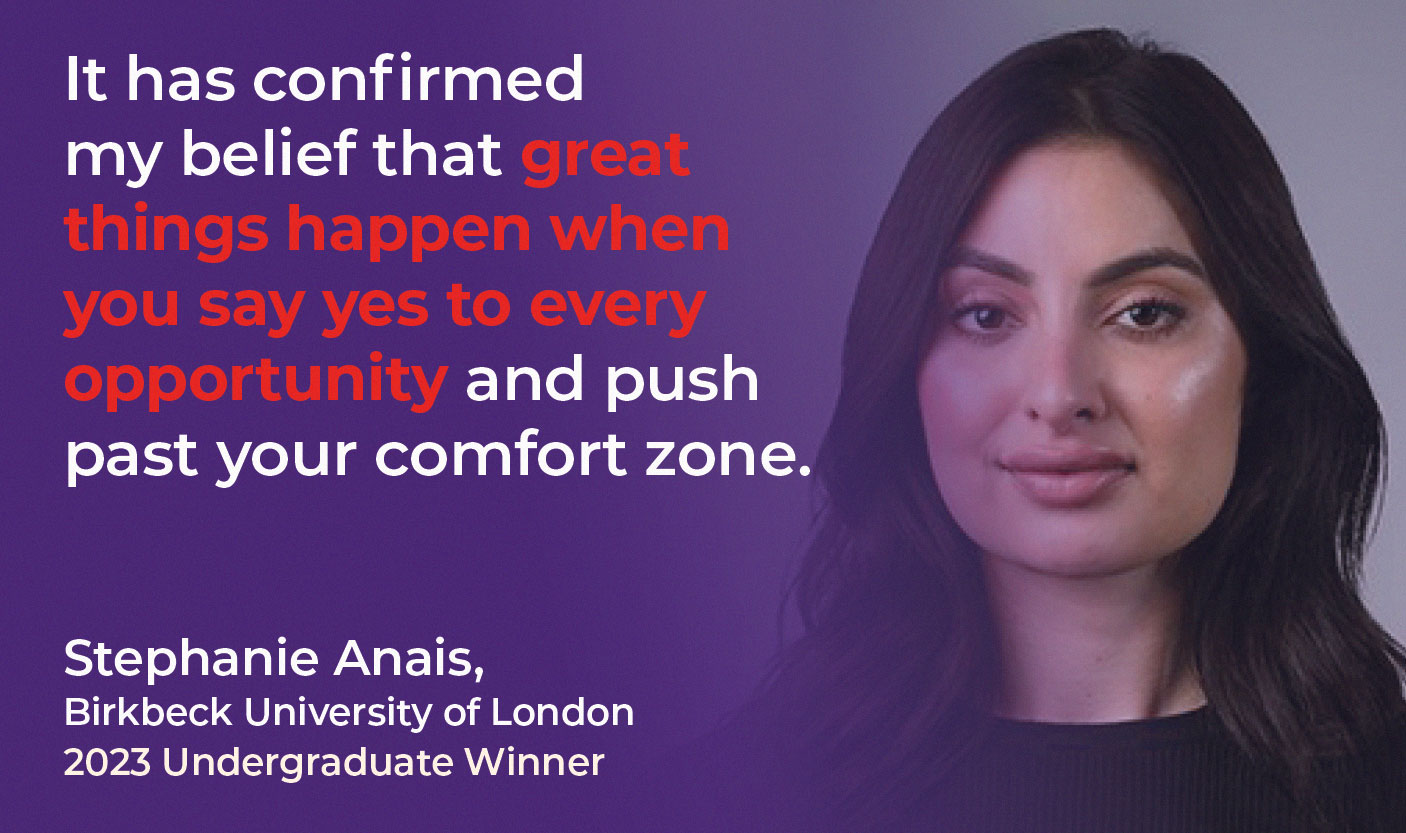
FLM Opens Doors
Success in the legal sector is an ever-changing target that requires experience, connections, profile, and ongoing development. By entering, you will be able to practice your learnings, showcase your current skillset, and identify your areas of improvement. By winning, you will receive a level of status to set you apart from the fierce competition within your sector, which could excel your career from the start. This is a competition that will not only boost your confidence but it will also raise your industry profile and aid future networking, fundamental to any career.
With Future Legal Minds, anything is possible.
2024 Entry Requirements
To enter the Future Legal Minds 2024 competition, you must be aged 18 or over and studying for a legal qualification at an educational institution in the UK.
We welcome entries from undergraduate and postgraduate law students only. Postgraduates are eligible to enter if they are taking a Postgraduate Diploma in Law or other conversion courses, such as a Legal Practice Course, Common Professional Examination or Bar Professional Training course.
Please see the competition's full entry terms & conditions before entering.
2023 Winners

2023 Undergraduate Catagory Winner
Stephanie Anais, Birkbeck University of London
Stephanie Anais, Birkbeck University of London
Stephanie entered Future Legal Minds because, where possible, she says yes to every opportunity that will push her outside of her comfort zone as an academic challenge. This accolade truly reflects Stephanie's devotion to becoming an outstanding lawyer. Well done, Stephanie!
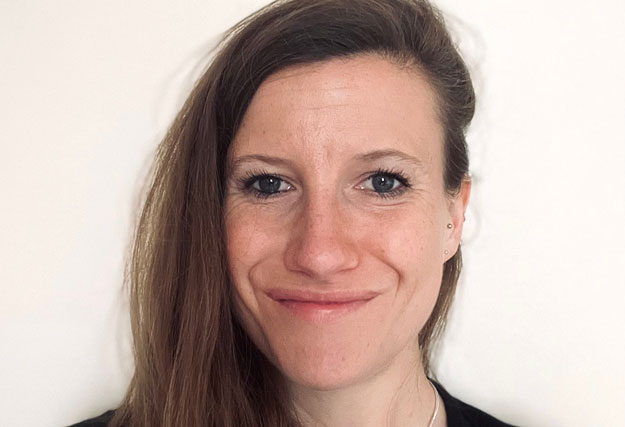
2023 Postgraduate Catagory Winner
Emily Eastburn-Pentreath, University of London
Emily Eastburn-Pentreath, University of London
For Emily, Future Legal Minds was the perfect opportunity to flex her essay-writing muscles outside of the university environment. And flex them, she did! Since winning, Emily's confidence has soared, and she's developed new skills to bring to her future career as a top solicitor. Congratulations!
Previous Winners - Where Are They Now?
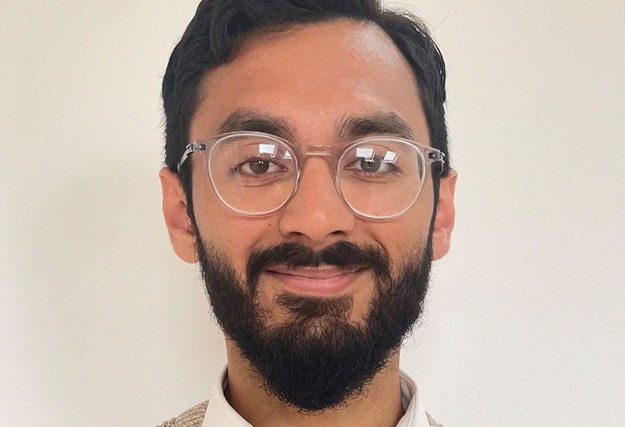
Syed Adil
Syed has since gone on to win multiple awards across the legal sector. We're so excited that he has now been selected to embark on a Globalink Research Internship exploring indigenous rights in Kamloops, Canada.
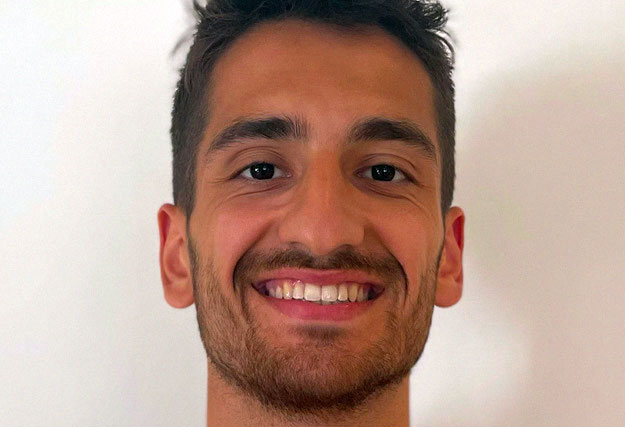
Matthew Johnson
Matthew excelled through his GDL and we're pleased to see he went on to become a Commercial Litigation Paralegal at Knights whilst also writing for the UK Human Rights Blog. Big things are ahead for you Matthew!
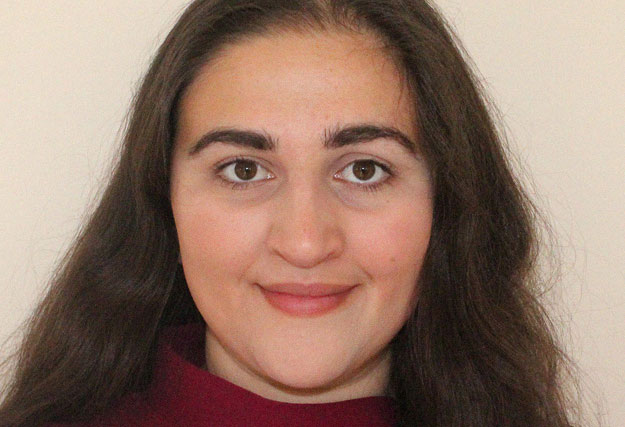
Elena Michael
Elena is as committed to helping others as always, continuing to campaign for women's rights whilst being a successful freelance journalist. We're also proud to hear that she went on to become a Droop Scholar and has been featured in British Vogue. Wow, Elena, you're incredible!
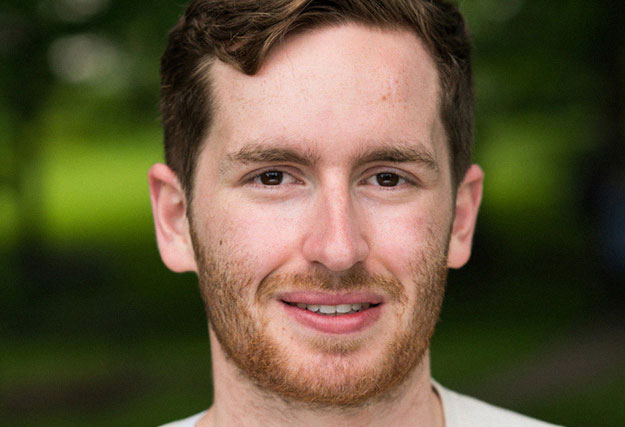
Joseph Kelen
Joseph graduated with his BA (Senior Status) in Law with First Class honours and undertook his Bar Vocational Course and Master of Laws, LLM focussing on business and international law. It is clear he has excelled academically and is now an Assistant Legal Counsel on the Permanent Court of Arbitration. Joseph specialises in Private-Public International Law, Humanitarianism, and Behavioural Science. Quite the high achiever - but we knew that already. Well done Joseph!
2022 Undergraduate Catagory Winner
Syed Adil, University of Aberdeen
At the time of the competition, Syed was studying a dual degree in Scots and English Law with European Legal Studies. Ultimately, Syed's aspirations were to be called to the Scots and English Bar and develop a career as a cross-border Barrister, utilising his dual-qualifying degree to its full extent.
Undergraduate 2022 Runner-Up
Tamar Knight, Cardiff University
Tamar grew up in Cornwall, developing a keen interest in nature and the environment. She studied law as an effective tool in defending the voiceless and heavily exploited natural world and we're proud that she has achieved her Bachelor of Laws LLB degree. Tamar is currently on placement with the Electoral Reform Society. Congratulations Tamar, we know you'll significantly contribute to international environmental law.
2022 Postgraduate Catagory Winner
Matthew Johnson, Oxford Brookes University, University of Exeter
On entry, Matthew was a GDL student at Oxford Brookes University, having previously studied History at the University of Exeter. He aspired to become a barrister and had a keen interest in public and commercial law.
Postgraduate 2022 Finalist
Jason Nicolson, University of Law
Alongside studies, Jason was a Company Legal Secretary for an accommodation firm where legislation was used daily. This was extremely advantageous during his studies and we are so pleased that he has graduated with a Bachelor of Laws LLB degree and a further Legal Practice in Law course. He has since gone on to work as a Company Legal Secretary at Express Studios. What an achievement, well done Jason.
2021 FLM Winner
Elena Michael, BPP University
Alongside her studies in 2021, Elena provided consultancy for children whose own education was impacted by their mental health. She worked as an Applied Behaviour Analysis therapy administrator to support them.
FLM 2020 Finalist
Nazmin Akthar, University of Law
Since finalising our 2020 competition, Nazmin has received copious awards and has produced over 50 publications. She is now Co-Head of the corporate social responsibility office for Womble Bond Dickinson LLP as well as Co-Founder and Co-Chair of the Nisa Global Foundation. Nazmin has achieved so much more than these titles, she has helped “enable women and girls to change their world” across the globe. Thank you, Nazmin!
2020 FLM Winner
Joseph Kelen, University of Cambridge
Joseph entered FLM whilst studying for his Senior Status Law degree and submitted his essay focussing on his special interest area of Law, vagrancy. He wanted to see change in this area as he argued that the laws were “counterproductive”.




